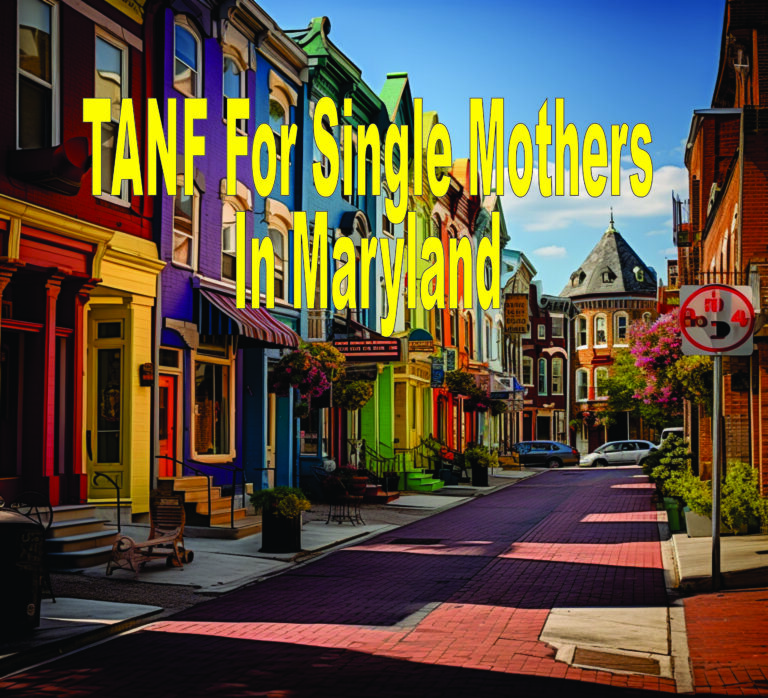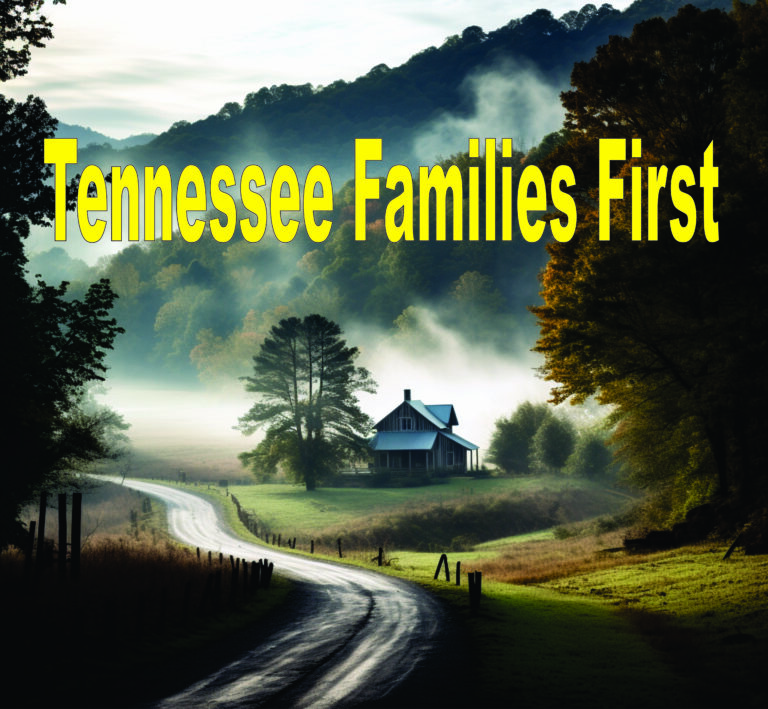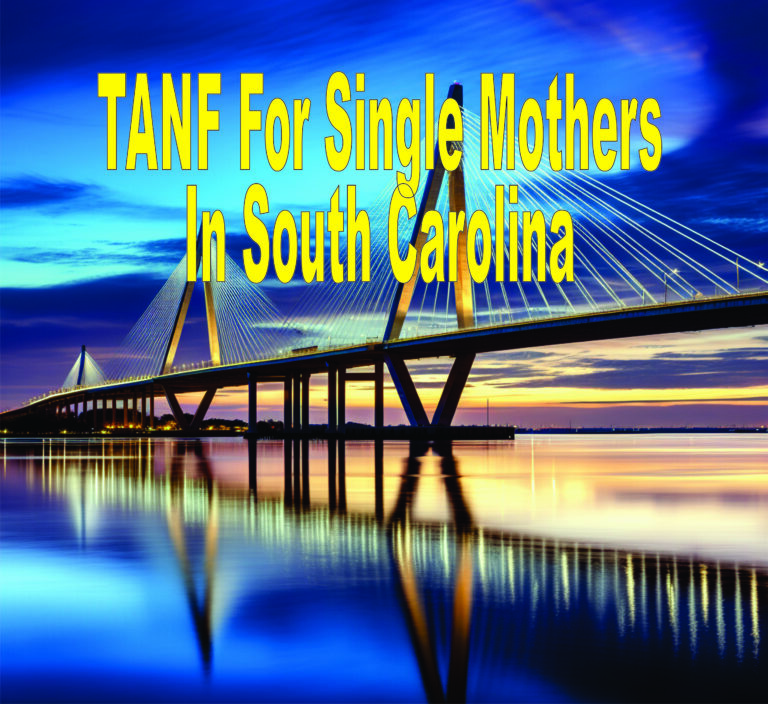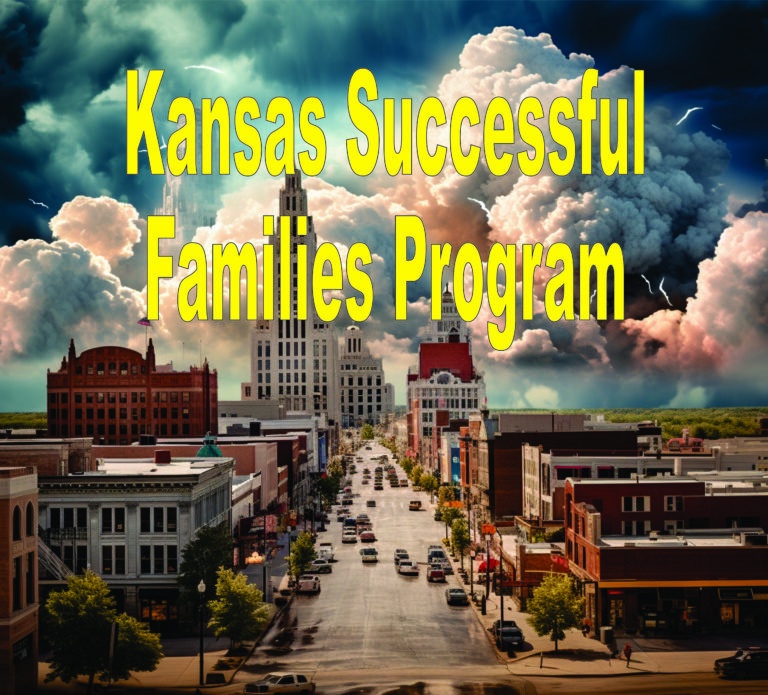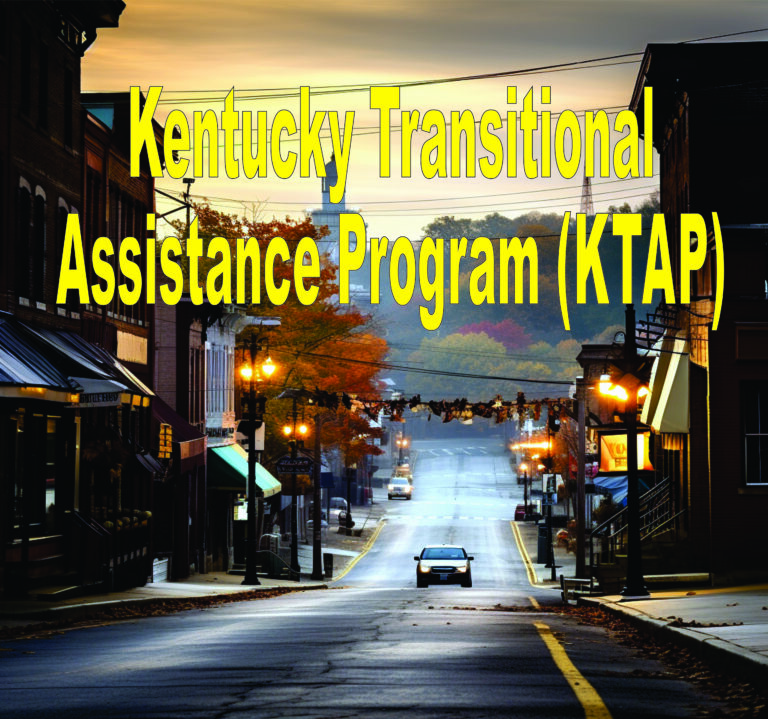Hawaii TANF For Single Moms
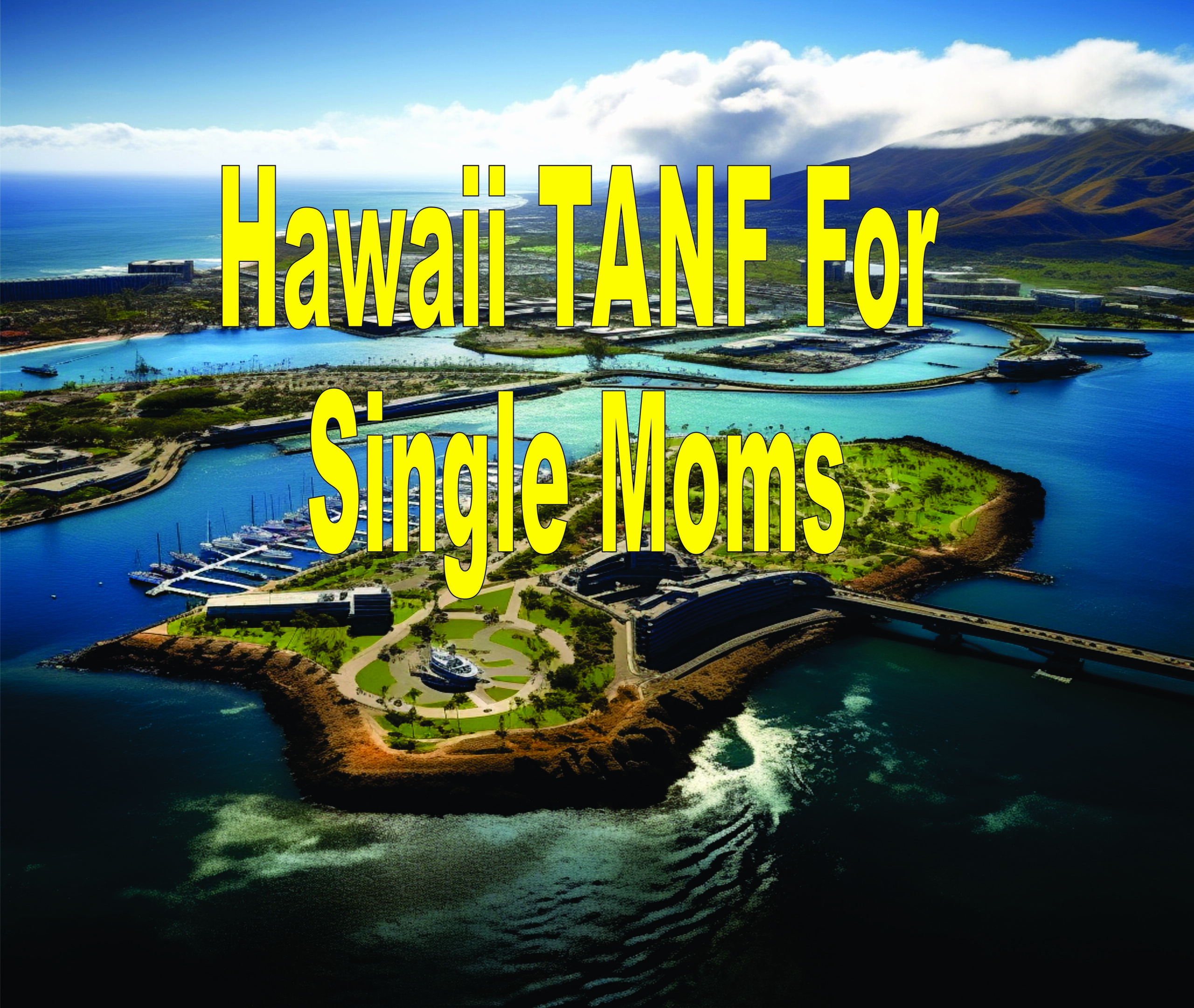
Last Updated on May 23, 2024 by Kathy
Are you a single mom in Hawaii struggling to make ends meet?
Look no further than the Hawaii TANF program. This essential resource, also known as Temporary Assistance for Needy Families, provides monthly cash benefits to eligible families, specifically designed to cover essential expenses like food, clothing, and shelter.
With its aim to assist families in need and help them achieve financial independence, the Hawaii TANF program serves as a lifeline for single mothers striving to provide for their children.
One of the Hawaii TANF program’s key benefits is its comprehensive support to single mothers. In addition to the financial assistance, the program also provides supportive services to help you overcome any barriers you may be facing.
This includes participation in the First-To-Work Program, which offers education, job training, and employment placement assistance. The program empowers you to meet your immediate needs and build a brighter future for yourself and your children by equipping you with the necessary skills and resources.
So, if you’re a single mom in Hawaii needing assistance, the Hawaii TANF program is here to provide the help and support you need.
What is TANF?
So, you’re probably wondering, ‘What exactly is TANF?’
Well, let me tell you, TANF, or Temporary Assistance for Needy Families, is a federal and state-funded program designed to provide temporary financial relief for needy families with children, including single mothers.
It offers cash assistance and supportive services to low-income families, such as pregnant women and families with children. TANF aims to provide financial assistance for food, clothing, shelter, and other essentials.
It also helps families stabilize their financial situation and gain independence. To be eligible for TANF, families must meet specific eligibility requirements, including having children under 19 and earning a total gross income below 185% of the 2006 Federal Poverty Level.

TANF is a lifeline for many low-income families, assisting when they need it the most.
Benefits of TANF for Single Mothers
Imagine the relief you’ll feel as a single mother when you receive monthly cash benefits to help provide food, clothing, shelter, and other essentials for your family.
The benefits of TANF for single mothers extend beyond just financial assistance. Here are three key benefits that TANF provides to single mothers:
- Access to food stamps and nutrition education: TANF recipients are eligible for food stamps, which can help ensure you and your children have access to nutritious meals. Additionally, TANF programs often offer nutrition education resources to help you make healthy choices for your family.
- Job training and employment support: TANF programs aim to help single mothers become self-sufficient by providing job training and employment support. This can include vocational training, job readiness training, job search assistance, and employment placement services. These resources can help you gain the skills and knowledge needed to secure stable employment and increase your earning potential.
- Access to affordable housing, child care services, and medical assistance: TANF programs recognize that single mothers often face challenges in accessing affordable housing, child care services, and medical assistance. Therefore, TANF programs may offer housing supplements, subsidies for childcare expenses, and access to medical expense assistance programs. These supports help alleviate some of the financial burdens associated with housing, child care, and healthcare, allowing you to focus on providing for your family’s needs.

Overall, TANF provides single mothers with various benefits and support services to help them navigate the challenges of raising children independently. From financial assistance to job training and access to essential services, TANF programs are designed to provide comprehensive support to single mothers on their journey toward financial independence.
TANF Eligibility Requirements in Hawaii?
Take advantage of the incredible support and resources available to eligible individuals in Hawaii’s TANF program, empowering you to achieve financial independence and provide for your family’s needs.
To be eligible for TANF in Hawaii, you must meet certain eligibility conditions, including having dependent children under the age of 19 and earning a total gross monthly income below 185% of the 2006 Federal Poverty Level. For example, the income limit for a family of three is $2,941 per month.
Additionally, your household size and the number of dependent children will determine the total cash assistance benefits you may receive.
Once enrolled in the program, you can access various supportive services, such as job search assistance, vocational training, and education programs, to help you secure stable employment.
With the financial support and resources provided by Hawaii’s TANF program, you can overcome financial challenges and work towards a brighter future for yourself and your family.
Income Limit for TANF in Hawaii?
Discover if your family is eligible for TANF benefits in Hawaii by determining if your total gross income falls below the established income limit. To help you understand the income limit for TANF in Hawaii, here are three key points to consider:
- Income Limit Calculation: The income limit for TANF eligibility in Hawaii is based on gross income below 185% of the 2006 Federal Poverty Level. Your family’s total gross income must be below a certain threshold to qualify for TANF benefits.
- Varying Income Limits: The income limits for TANF eligibility vary based on the size of your family. For example, a family of three would be considered ‘needy’ if their monthly countable income is less than $2,941. It is important to check the specific income limit based on your family size to determine if you meet the requirements.
- Additional Support: If you qualify for TANF benefits, your family may be eligible for additional support services. These services can include assistance with child care, job search assistance, housing supplements, health care coverage, dental care, and support with water bills. These services aim to provide comprehensive support to low-income families and help them become self-sufficient.
By understanding the income limits and the additional support services available, you can determine if your family meets the eligibility requirements for TANF benefits in Hawaii.
How Much Financial Assistance Will I Get from the TANF Program?
Financial assistance from the TANF program can support families in need, helping them meet their basic needs and work towards financial independence. The amount of financial assistance you will receive from the TANF program in Hawaii depends on various factors, including your family size and income level.
The program sets income limits based on gross income below 185% of the 2006 Federal Poverty Level. For example, a family of three must have a total gross income below $2,941 monthly to qualify as “needy.”
The maximum cash assistance for a family of three is $610 per month. Families participating in the First-to-Work program may also receive a monthly housing supplement of up to $500.
It’s important to note that TANF benefits are subject to conditions of eligibility and participation, and individuals must meet both categorical and financial requirements. The TANF program aims to provide temporary financial relief and stability, and it can be a valuable resource for low-income Hawaiian families.
Application Guidelines for the TANF Program in Hawaii?
Now that you understand how much financial assistance you can receive from Hawaii’s TANF program let’s discuss the application guidelines.
When applying for the TANF program in Hawaii, you must visit a DHS Processing Center in person to complete the application process. During this process, you will have an interview with an eligibility worker who will determine your eligibility for the program. It’s important to bring all necessary documentation, such as proof of identity, residency, and income, to the interview.
Once your application is approved, benefits are typically paid from the filing date if eligible. The TANF program in Hawaii provides cash assistance to help with essential expenses such as food, clothing, and shelter. Additionally, participating in the First-to-Work program may make you eligible for a monthly housing supplement of up to $500.
It’s important to note that the TANF program is time-limited, and the maximum duration of cash assistance is 60 months in a lifetime.
What to Do If Your Application for TANF is Denied?
If your application for TANF benefits is denied, it’s important to understand the appeals process and take the necessary steps to address the denial. Here are four key things you should do if your TANF application is denied in Hawaii:
1. Review the denial letter: Carefully read the denial letter you receive from the Hawaii TANF office. This letter should explain why your application was denied and what steps you can take to appeal the decision.
2. Gather supporting documents: Gather any documentation supporting your eligibility claim. This could include proof of income, expenses, or any other relevant information that can help demonstrate your need for TANF benefits.
3. File an appeal: To challenge the denial, you must file an appeal with the Hawaii TANF office. Follow the instructions in the denial letter to submit your appeal within the specified timeframe. Be sure to include any supporting documents you’ve gathered.
4. Seek assistance: If you need help navigating the appeals process, consider contacting organizations or agencies that assist individuals applying for government programs. They can provide guidance, answer questions, and help you prepare for the appeals hearing.
Remember, being denied TANF benefits doesn’t necessarily mean you’re ineligible for other assistance. Explore other financial assistance programs, such as food stamp benefits, available based on your income level and household situation.
Frequently Asked Questions
Can non-citizens who are legally residing in Hawaii apply for TANF benefits?
Non-citizens legally residing in Hawaii can apply for TANF benefits if they meet the program’s eligibility requirements, such as having children under 19 and earning gross income below 185% of the 2006 Federal Poverty Level.
Are there any work requirements for TANF recipients in Hawaii?
Yes, there are work requirements for TANF recipients in Hawaii. The specific number of work hours required depends on the family’s composition. Work requirements must be met to continue receiving TANF benefits.
Is there a time limit for how long an individual can receive TANF benefits in Hawaii?
Yes, there is a time limit for receiving TANF benefits in Hawaii. The maximum duration is 60 months in a lifetime. This time-limited program is designed to provide temporary financial relief and help families stabilize their financial situation while participating in the First-To-Work Program.
Can single mothers receiving TANF benefits in Hawaii also receive childcare assistance?
Single mothers receiving TANF benefits in Hawaii can also receive childcare assistance. The TANF program provides childcare subsidies to help parents access affordable and quality child care while participating in the First-To-Work program.
Conclusion
In conclusion, the Hawaii TANF program is a crucial lifeline for single moms needing temporary financial assistance. This program allows single mothers to access cash benefits for necessities such as food, clothing, and shelter.
Moreover, the program goes beyond financial aid by offering support and job search assistance through the First-To-Work Program. The Hawaii TANF program aims to empower single moms to become self-sufficient and achieve financial independence by providing resources and support.
This program is vital in helping single mothers in Hawaii overcome financial hardships and work towards a brighter future for themselves and their children. If you’re a single mom in need, don’t hesitate to explore the options available through the Hawaii TANF program.


